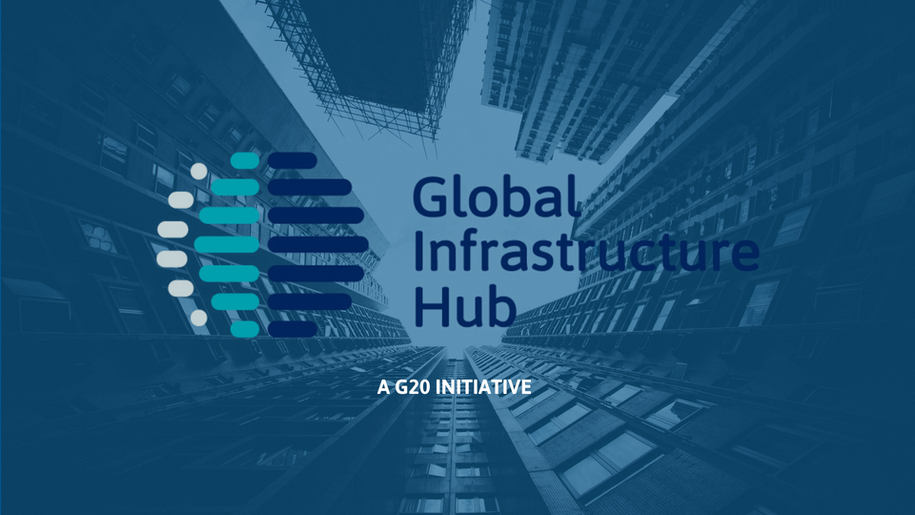840 results found
Featured results



More results
This publication from the IADB his publication covers PPPs with a focus on the implications for public finances in developing economies.
Risks can be hard to define, manage and mitigate. In infrastructure projects that cross regional or national borders and involve multiple parties from both the public and private sector, these risks may be amplified.


This report provides a comprehensive overview of digital transformation in Russia, including chapters on the general digital economy in Russia, the global best practice for enhancing digital platforms in Russa and boosting digital innovation.

The country partnership strategy lays out a program of priority activities to support each of three pillars and promotes rebalancing ADB financing toward infrastructure projects in support of the government’s Build, Build, Build infrastructure program.

As outlined earlier in this blog series, private investors are looking for reliable returns to justify the risks that they are taking. Financing and procurement of cross-border projects will often be more complex than national projects due to the scale of the project and compounded risks, and the financial returns may be more uncertain than for national projects.
The Financial Stability Board (FSB) have published a consultation report on the Evaluation of the effects of financial regulatory reforms on infrastructure finance.
On 22 July, at their meeting in Buenos Aries, the G20 Finance Ministers and Central Bank Governors voted to renew the mandate of the Global Infrastructure Hub for another four years.
The Global Infrastructure Hub and Turner & Townsend Launch PPP Contract Management Tool. Effective management essential to unlocking value behind infrastructure PPPs.
This book addresses two concerns. First that advanced technologies developed in high-income countries would inexorably lead to job losses of lower-skilled, less well-off workers and exacerbate inequality. Second Policies intended to protect jobs from technology advancement would themselves stultify progress and depress productivity, these are addressed using the output effect subsitution effect framework.

On 12 July 2018 the GI Hub’s COO, Mark Moseley, joined a webinar panel on blockchain and its applications for infrastructure, hosted by the International Project Finance Association (IPFA). Blockchain is the technology that underpins Bitcoin and other similar ‘cryptoassets’, such as Ethereum and Ripple. Its potential, and the recent volatility of cryptoassets, has made the technology one of the most hyped and misunderstood technologies in the market.
Infrastructure can often be used as a pawn in the political chess game, not only at a federal level between political parties, but at a foreign policy level too. It’s crucial that a cross-border infrastructure project has political support and cooperation from all parties involved, and that it’s being supported not for political gain, but to further regional development. A lack of strong political leadership can be detrimental to a cross-border project, and weak capacity can be a deterrent to investors.

The PPP Contract Management Tool provides practical guidance to government officials responsible for managing public-private partnership (PPP) contracts and concession contracts during construction and operations, based on extensive data and real-life case studies.


On 3-4 July 2018 the GI Hub gave a series of presentations at the International PPP Finance Summit, held in London.










 FSB Report
FSB Report








